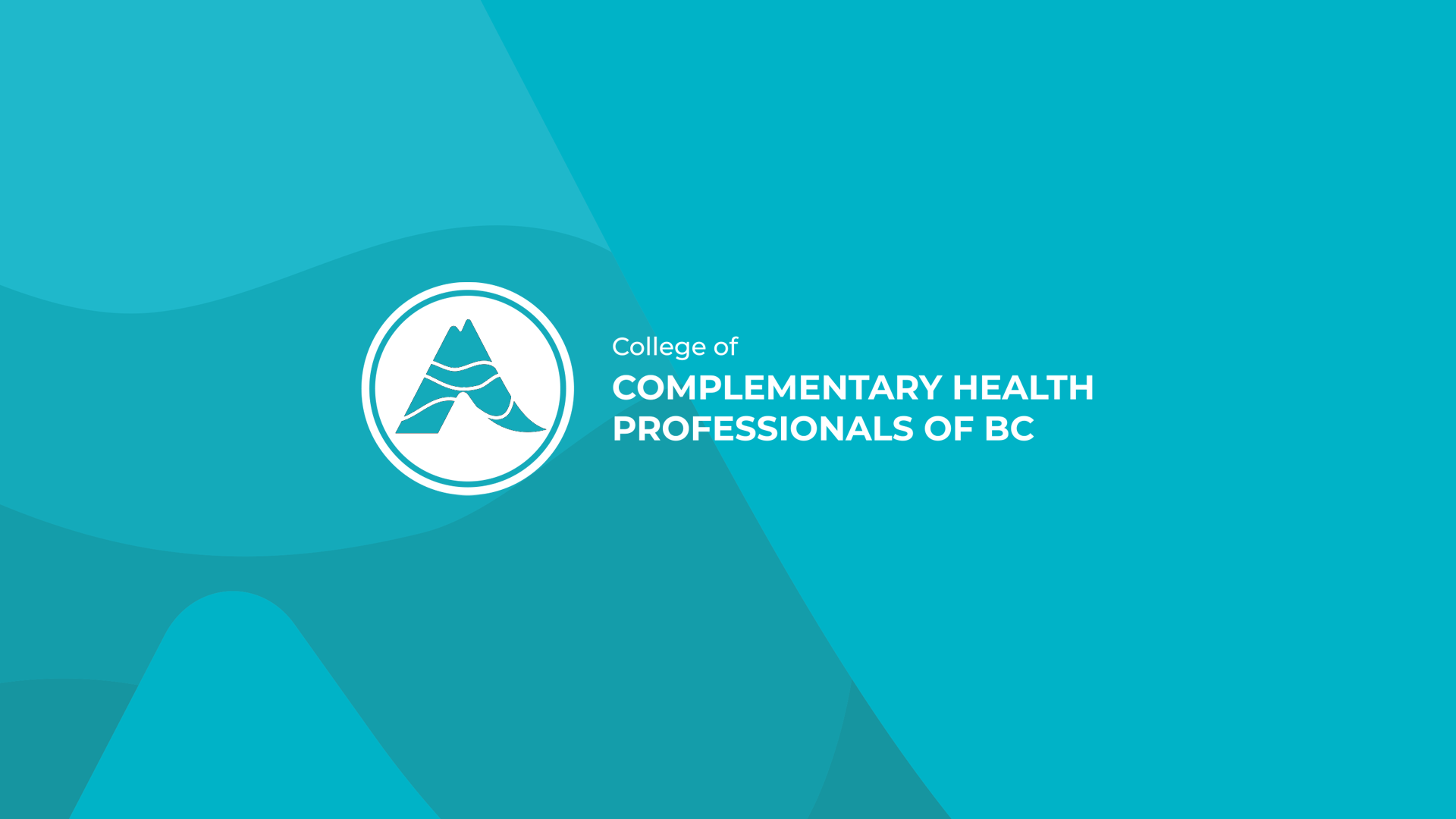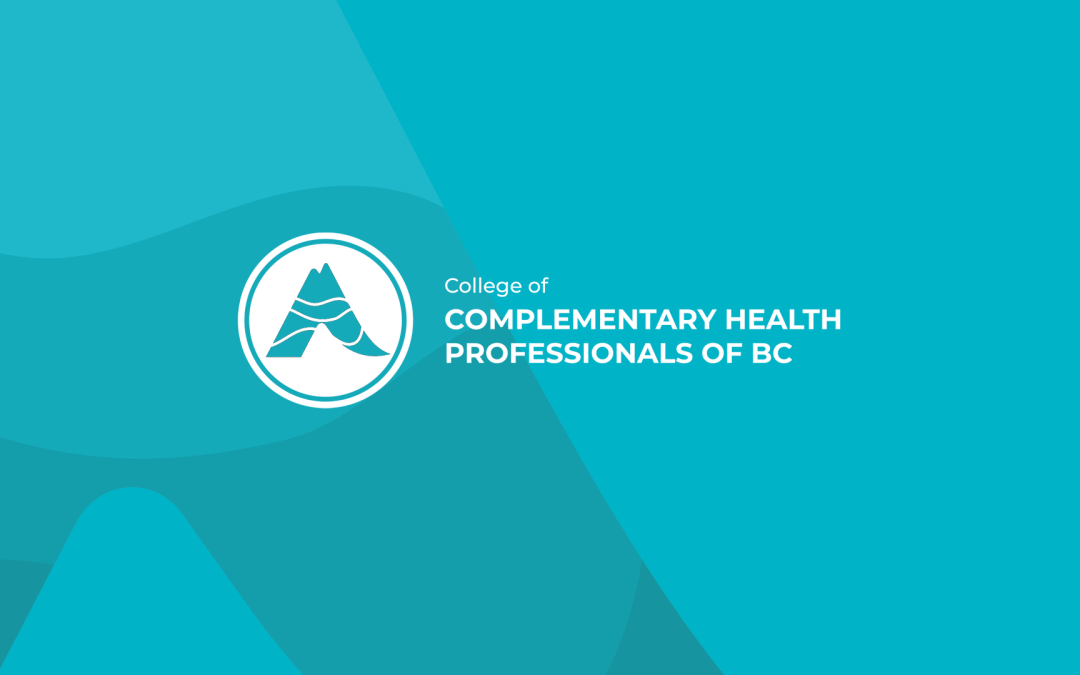CMTBC has compiled a summary of information about recent disciplinary actions taken by the College. The disciplinary actions relate to a number of professional misconduct themes, including consent and boundary violations, inappropriate use of a cell phone, one-handed massage, failure to respond to or cooperate with the College, and lapses in professional liability insurance and Standard First Aid/CPR-C.
CMTBC is sharing this information, in a series of two articles, to make registrants aware of recent disciplinary actions and to contribute to prevention of professional misconduct. Read the first article that was published April 2, 2024.
One-handed massage
In part 1 of this series on recent complaint issues, CMTBC noted the issue of RMTs who massage patients with one hand while using a cellular phone with the other hand. The use of electronic recording devices during treatment is prohibited, unless it is for a permitted purpose and certain conditions, such as obtaining patient consent, are met. As mentioned in part 1, a patient who becomes aware that the RMT is using a cell phone during treatment may become distressed and fearful, and worry that the RMT may be recording them while they are undressed or only partially dressed. Patients have even alleged that RMTs providing one-handed massage were using the other hand to engage in masturbation during the appointment, and have reported hearing sounds consistent with this perception.
It goes almost without saying that engaging in one-handed massage for the purpose of sexual self-gratification is a form of sexual misconduct and among the most serious possible violations of CMTBC’s Code of Ethics.
CMTBC is aware that there are legitimate massage therapy techniques that involve the use of one hand (or elbow) on the patient’s body at a time. CMTBC reminds RMTs that if they are engaging in one-handed massage, it is important to explain to the patient the technique and the clinical rationale, and obtain the patient’s informed consent.
Failure to respond to or cooperate with the College, and failure to disclose required information to the College
As members of a regulated profession, RMTs are required to cooperate with the College. Section 19 of the Code of Ethics states that RMTs must respond to any inquiries, requests, and directions from the College in a professional, responsive and timely manner.
In a recent case, a Discipline Committee panel found that an individual who was an RMT at the time failed to reply in a timely or responsive manner, or at all, to 13 communications from the College regarding the expiration of her professional liability insurance coverage and lack of communication. The panel determined that, by engaging in this conduct, the practitioner breached the College’s Code of Ethics and that she committed unprofessional conduct. The panel ordered that the individual be reprimanded and suspended, and pay costs to the College.
In another recent case, another individual who was an RMT at the time failed to attend an interview with a College inspector as required by the Inquiry Committee of the College as part of its investigation into her conduct. The panel found that the individual’s failure to attend the interview was a failure to comply with the College’s Bylaws for the purposes of section 39(1) of the Health Professions Act. Therefore, the panel determined that the practitioner committed unprofessional conduct.
The then-RMT also communicated to the College that she would not cooperate with the College’s investigative and disciplinary process into her conduct until she retained legal counsel. The College provided the individual with numerous extensions of time in order for her to retain legal counsel; however, she did not do so. On multiple occasions, the individual demanded that College representatives cease communicating with her, and she indicated that she would not respond or that she would block or otherwise ignore the College’s emails.
The panel determined that this individual committed unprofessional conduct and ordered her to be reprimanded and suspended, and pay costs to the College.
The requirement to cooperate with the College is foundational to the College’s ability to regulate the profession and act in the public interest. The public must have confidence that members of the profession will cooperate with their regulators and will be held to account when they fail to do so.
Lapse in maintaining professional liability insurance or Standard First Aid/CPR-C
In a recent case, an RMT admitted in an undertaking and consent agreement with the College’s Inquiry Committee to failing to comply with section 61 of the College’s Bylaws, which requires all Practising registrants to maintain professional liability insurance coverage. The RMT treated a total of over 130 patients during two periods of not holding professional liability insurance coverage, which totalled approximately four months.
As part of the agreement, the RMT agreed to an undertaking not to repeat the conduct, to pay a fine and a portion of the costs of the investigation, and to complete remedial coursework and review.
This is one of many cases the Inquiry Committee has handled recently involving lapses in professional liability insurance coverage.
The College reminds RMTs that the requirement set out in section 61 of the Bylaws, to maintain valid professional liability insurance, is in place to protect the public, by preserving a patient’s ability to seek financial redress for any harm that may occur in treatment. A lapse in professional liability coverage is not a simple administrative matter; rather, it is conduct that has the potential to negatively affect patients and the public’s perception of the profession.
In two other recent cases, as part of undertaking and consent agreements related to investigations initiated by the Inquiry Committee on its own motion, RMTs admitted to:
- Not holding valid Standard First Aid/CPR-C certification for periods of time while holding Practising registration status.
- Making false declarations to the College when uploading documentation to the College’s online Registrant Portal relating to Standard First Aid/CPR-C.
Both RMTs agreed to a suspension, a formal reprimand, undertakings not to repeat the conduct, completion of intensive remedial coursework on professional ethics, and payment of a portion of the costs of the investigation.
A failure by a registrant to meet Bylaw requirements and to accurately report required information to the College impedes the College’s statutory obligation to regulate the massage therapy profession in the public interest.



